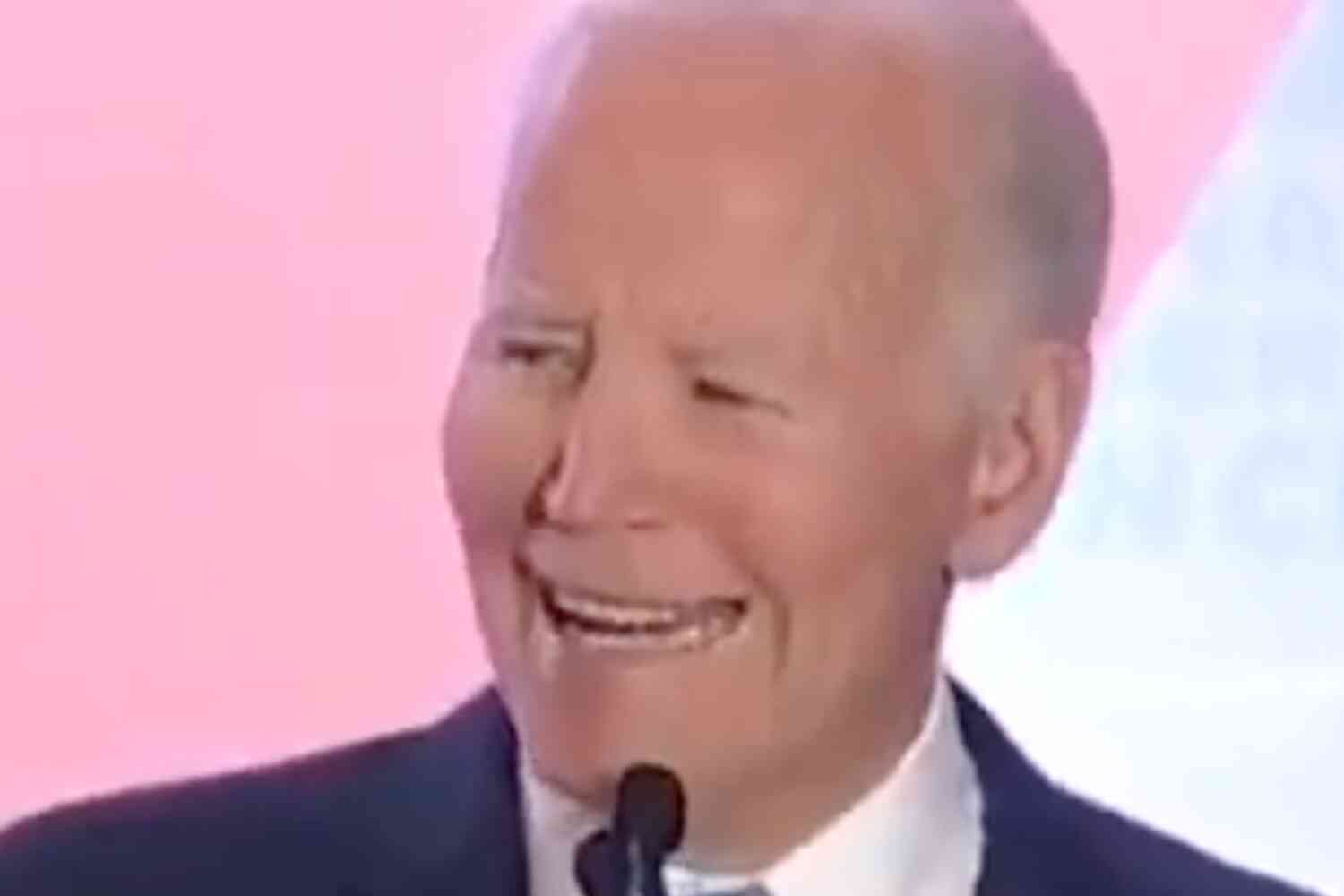Bro, is this dude for real? I know Los Angeles — and California in general — is pretty tough on automobiles, but this seems crazy to me.
No private-driven cars on the roads of Los Angeles by 2030?
Seriously, this is crazy talk.
Though I'm guessing since this dude has such a strong grasp on our politicians and corporations, he's not far off. Plus, I mean, it's California.
But this isn't just about California; Schwab has a plan for the entire globe.
From the World Economic Forum's website, an article from way back in 2016 entitled "Goodbye car ownership, hello clean air":
More than a million people are killed in motor vehicle accidents each year, and many more are threatened by transportation's contribution to global warming.
Imagine instead a world where fleets of autonomous vehicles that are electric and shared (FAVES) slash the number of vehicles on the road by as much as 90%. Hailing and paying for a ride or delivery is as easy as tapping a smart phone app. Car loans and insurance payments shrink or disappear because renting a vehicle when it would otherwise sit idle (or feeding electricity back to the electric grid) more than pays for it.
Perhaps best of all, imagine wider, less congested streets with more room for pedestrians and bicycles, clean air, much less global warming, shorter commutes, and even "crowd-funded" fleets of vehicles whose routing and pricing software is tuned to minimize energy use or provide low-cost transportation to underserved regions.
There's more, and it's scary:
All these benefits are enabled by two emerging technologies that are rapidly becoming mainstream. The first is the self-driving vehicle, guided to the quickest route by real-time traffic updates and to the next customer by real-time passenger requests.
The second is blockchain-enabled, secure peer-to-peer (P2P) transactions that eliminate or minimize the need for centralized authorities such as banks or ride-sharing services such as Uber and Lyft. The security of blockchain will allow owners to directly rent out their vehicles under terms and conditions they set themselves.
Using blockchain, trip charges will be automatically deducted from the passenger's blockchain-enabled digital wallets or charged to their credit card, with payment instantly flowing to the vehicle owner. Access and identity tokens and P2P transactions will enable the easy, secure sharing of not only vehicles but infrastructure such as toll roads, recharging stations and parking lots. The blockchain-enabled identity of each user will carry proof of identity, age, insurance coverage and ability to pay, while protecting the anonymity of the passengers and information about their travels, as well as the security of their payment mechanisms.
The vaccine passport didn't work to bring this digital ID about. Makes you wonder what their next trick will be.
P.S. Now check out our latest video 👇









